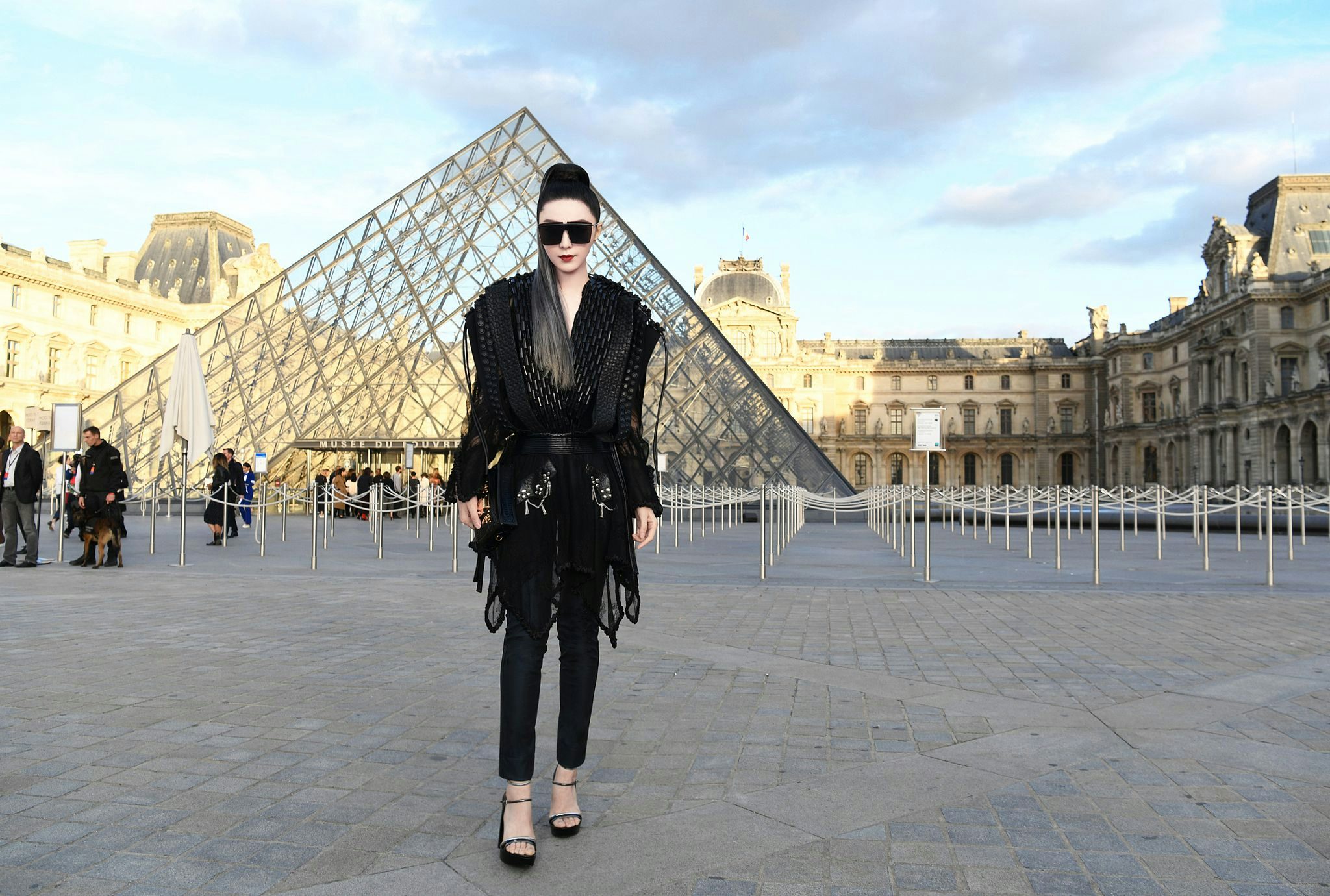Much of today’s successful social campaigns rely on celebrities’ impact - from Dior’s Qixi campaign in 2016 featuring one of the most sorts after Chinese actresses Li Bingbing, to Mini Cooper’s endorsement by mega influencer Becky Li. The obvious weaknesses in this way of advertising are twofold, the first, is that for most underdog brands with only a fraction of the budget of Dior or Mini Cooper, they simply can't make worthwhile breakthroughs. Secondly, working with KOLs is now too much of a hit-or-miss thing, with too much depending on the KOL's personal style and timing.
Will there be a change of wind? Probably, and here’s why.
Natural Growth in Consumer Taste#
When discussing Singles Day sales with the China VP of a European menswear brand earlier this year, The VP mentioned an interesting purchase pattern – 70 percent of the brand's VIPs make up about 88 percent of its annual China sales. Consequently, they didn’t spend any extra marketing budget on e-commerce sites, but still got over RMB 1 million (155,640) sales in less than 24 hours for Singles Day. Loyal consumers knew of their brand, quietly saved the items they wanted in their carts, and then paid after midnight.
This clearly indicates that once consumers are aware of a brand, a well-timed motivation is enough to trigger purchase actions.
China in 2018 is a very different than the China of ten years ago. These days, I am always amazed by how many of my colleagues in their early 20s know about independent labels, as well as superbrands. Ten years ago,
people in Shanghai were still showing off their Hamp;M shopping bags on West Nanjing Road. Fashion houses need to focus on this new generation of luxury consumers with higher levels of sophistication. It is a question of finding the right balance between sophistication and an effort to control or "educate" the market (the traditional emphasis on content, creativity, and gamification).
Luxury Targets Technology#
Digital giants Tencent and Alibaba are certainly not shy about playing with new technology, and both brands have spent much time painstakingly developing their self-sufficient ecosystems, striving to control a big chunk of any consumer’s digital and O2O footprints. That privileged access also allows Tencent and Alibaba to learn about the consumer behavior of every individual using their products. In return, the two brands unlock ways that ads can function as a useful individual service. For example, after detecting me buying Perrier sparkling water once every two weeks, sparkling water now always shows up on top whenever I open my Tmall APP on mobile.
Monetization of Ads and Services#
For the moment, compared to 97 percent revenue contribution at Facebook, ad revenue on Tencent platforms is only about 17 percent of its total, and ad revenue per daily active user is just 2.10 on WeChat - versus Facebook’s hefty 30.10. But these numbers only signify the potential for ads on Tencent products. Recent cases of pushing ads targeting Chinese overseas tourists or promoting Mini Program gift cards with Moments advertisements are both telling examples of Tencent’s ambition in ad placement. The data-driven consumer profiling function (that monitors the social media behavior behind certain mobile numbers) is able to assist marketers in choosing the placement of their ads, and enable them to better understand consumers' real interests.
Alibaba’s Uni Marketing is also taking the "precise target" game within e-commerce to the next level. Willingness to enhance the ads placement technologies makes precise targeting not only possible, but also to the best interests of both platforms and advertisers.
The Takeaway:#
This is certainly not to say that creative content and brand images will soon become irrelevant, on the contrary, using a data driven approach will only empower brands to target their real consumers with the efficiency and accuracy true to the nature of digital. As ways to collect precise personal data are now in place, KOLs and celebrities no longer hold all the power in advertising.
This story was written by Chenyin Pan, China Manager of post-digital agency Fireworks.


